Optimal Timing for Storm Restorations
Storm restorations are most effective when performed promptly after severe weather events. The optimal time depends on regional climate patterns, with late spring through early fall generally offering the most suitable conditions for repairs and restorations. Addressing damages early can prevent further deterioration and reduce long-term costs.
Conducting inspections immediately after a storm helps identify damages early and plan necessary restorations.
Spring and summer months typically have more predictable weather, making them ideal for storm restoration work.
Performing restorations outside of the peak storm season minimizes delays caused by weather disruptions.
Timely restorations enhance structural resilience, better preparing properties for upcoming storms.
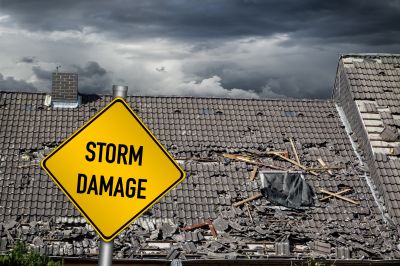
Visual evaluation of roof and structural damages following storms.
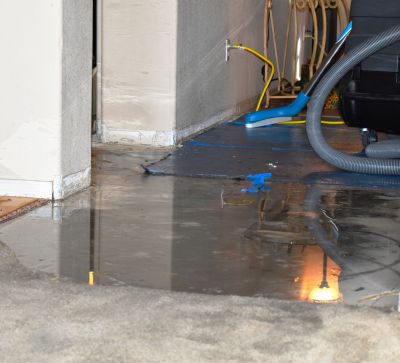
Temporary fixes to prevent further damage until full restoration.
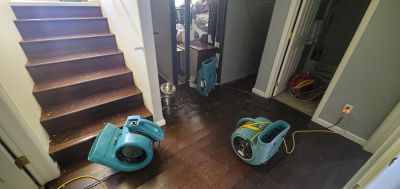
Tools and machinery used in storm damage repairs.
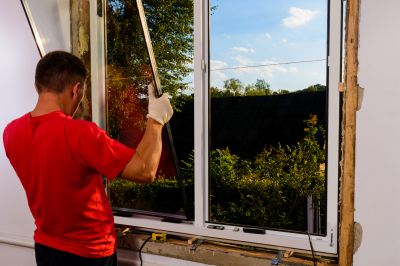
Ways to make Storm Restorations work in tight or awkward layouts.
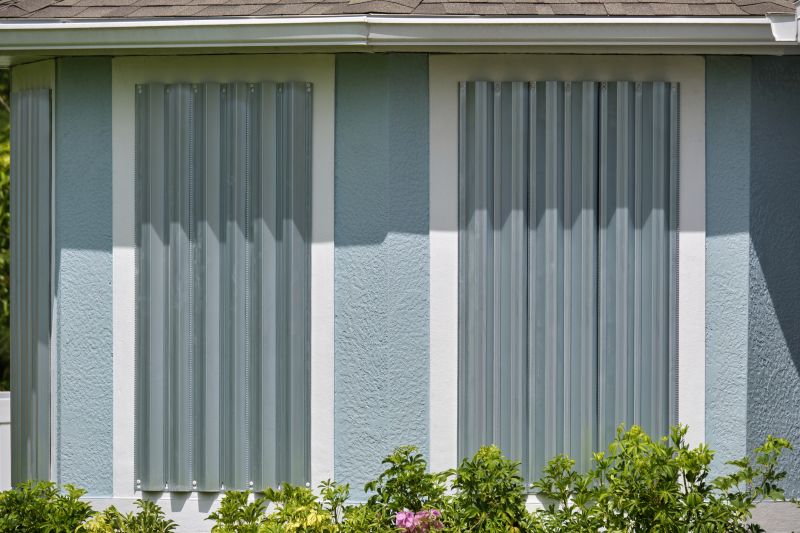
Popular materials for Storm Restorations and why they hold up over time.
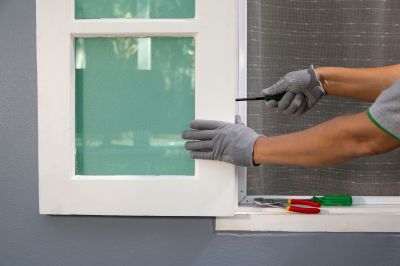
Simple add-ons that improve Storm Restorations without blowing the budget.
| Factor | Impact on Timing |
|---|---|
| Weather Conditions | Clear weather facilitates safe and efficient repairs. |
| Damage Severity | More extensive damage may require longer recovery periods. |
| Regional Climate | Climate patterns influence optimal repair windows. |
| Storm Season Timing | Restorations are best scheduled outside peak storm months. |
| Material Availability | Supply chain factors can affect scheduling. |
| Workforce Readiness | Availability of skilled labor impacts timing. |
| Property Location | Certain locations may have seasonal restrictions. |
Storm restorations involve repairing and restoring properties damaged by severe weather. These efforts include roof repairs, structural reinforcement, and debris removal. Timely action can minimize further damages and help maintain property integrity. Statistics show that early interventions can reduce repair costs by up to 30 percent and significantly decrease the risk of secondary damages such as mold or water intrusion.
In regions like El Cajon, California, storms can occur unexpectedly, making prompt assessments and restorations crucial. Approximately 50 to 70 percent of storm-related damages are preventable or reducible with timely repairs. Proper planning and immediate response after storm events contribute to the longevity and safety of structures.
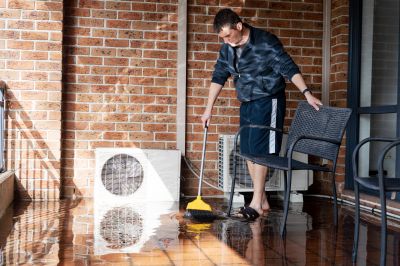
Restoration work underway after storm damage.
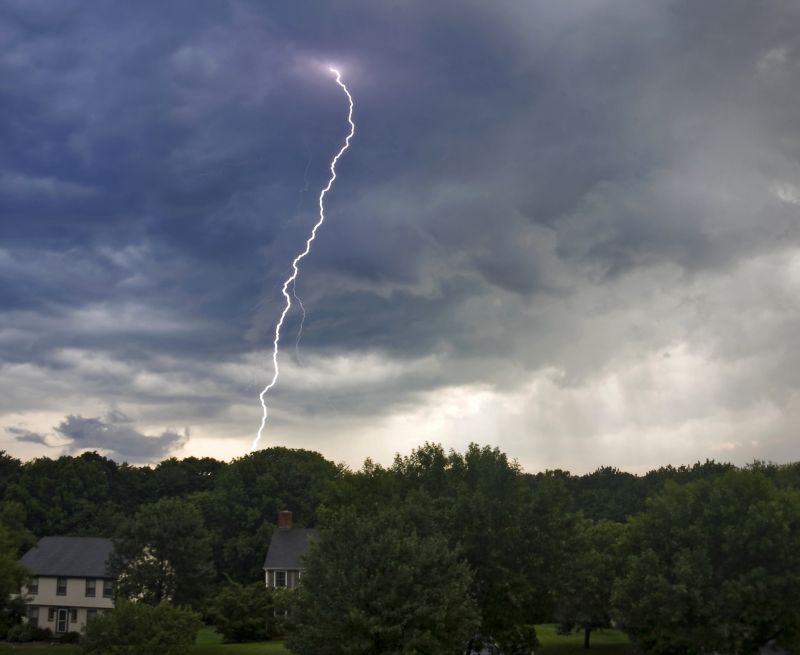
Protective measures taken before storms strike.
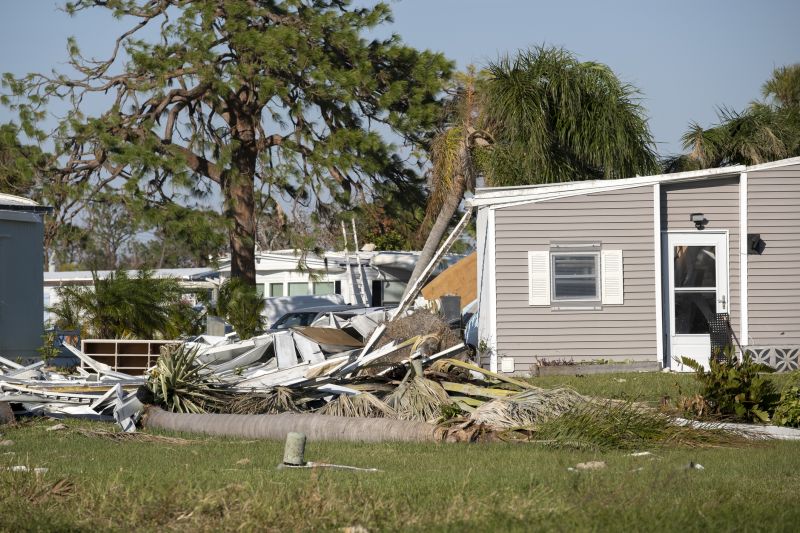
Rapid response teams addressing storm damages.
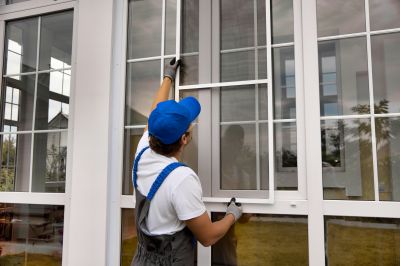
Finished storm damage repairs ensuring property safety.
Interested property owners in El Cajon seeking storm restoration services are encouraged to fill out the contact form. Prompt responses can help mitigate damages and restore property integrity efficiently.
